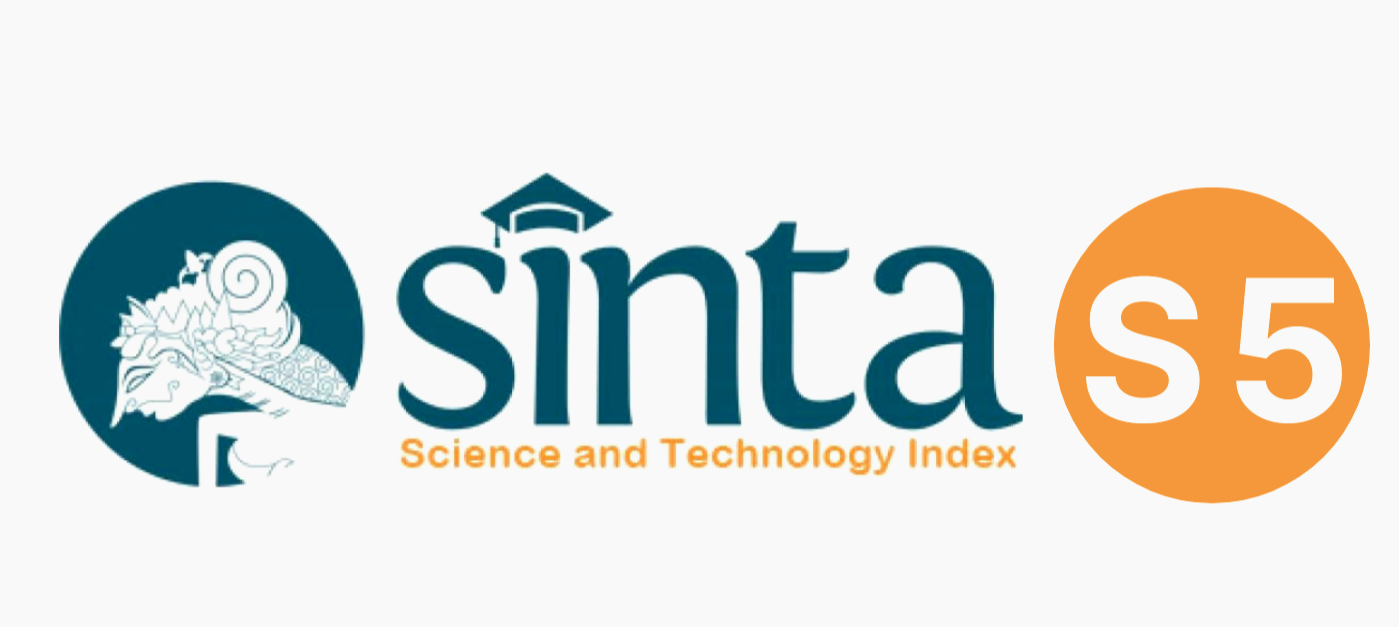Mengurai Mitos Perundungan terhadap Disabilitas (Analisis Semiotika Roland Barthes dalam Film “Ayah, Mengapa Aku Berbeda?”)
 Abstract: 61
/
Abstract: 61
/  Abstract: 40
Abstract: 40
DOI:
https://doi.org/10.47753/je.v10i1.187Abstract
This study aims to analyze the myth of bullying experienced by the main character in the film “Ayah, Mengapa Aku Berbeda?” through Roland Barthes’ semiotic approach. The film portrays the life of Angel, a girl with a hearing disability, who frequently faces discrimination and bullying from her surroundings. This analysis applies Barthes’ concepts of denotation, connotation, and myth to uncover the hidden meanings behind the visual and narrative signs in the film. The findings reveal that the bullying of Angel is represented through various signs that indicate injustice, negative stereotypes, and the marginalization of people with disabilities. Denotatively, the signs in the film directly depict bullying, such as mockery and social rejection. The connotative meanings of these signs highlight the fear, sadness, and struggles the main character faces in confronting stigma. At the level of myth, the film both reproduces and challenges various social myths related to disability. Four central myths are identified: (1) persons with disabilities are portrayed as weak and objects of pity, (2) the belief that they do not need equal opportunities and recognition, (3) the dominance of power that determines their fate, and (4) the use of emotional expression, such as anger, as a means of social control. This study concludes that “Ayah, Mengapa Aku Berbeda?” is not merely a story of struggle, but also a form of social critique of the bullying still commonly experienced by people with disabilities.Downloads
Published
2025-05-29
Issue
Section
Articles
License
Articles published in Jurnal Empirika are licensed under the International License of Creative Commons Allowance-ShareAlike 4.0. The author is free to use any media to copy, change, or redistribute the paper, provided the author gives credit to the original author and this journal, links to the license, shows if modifications have been made, and redistributes it in the same permission. The author grants the right to any third party to use their posts following the Creative Commons Attribution-Share Alike International 4.0.











